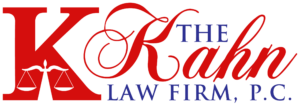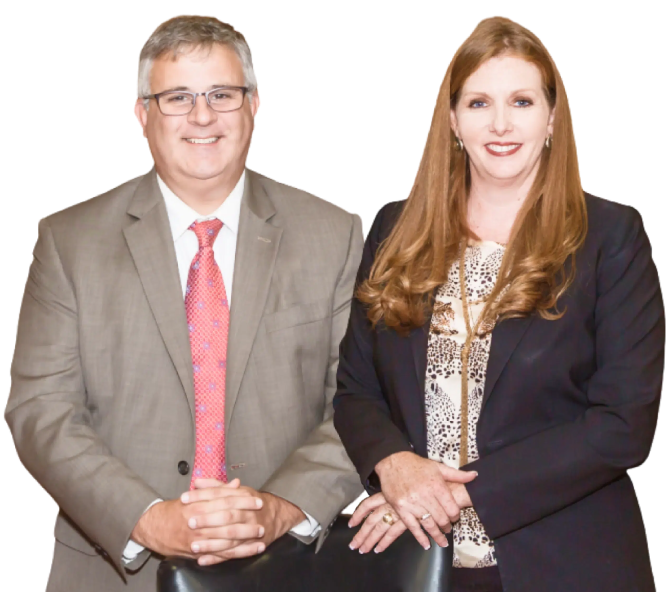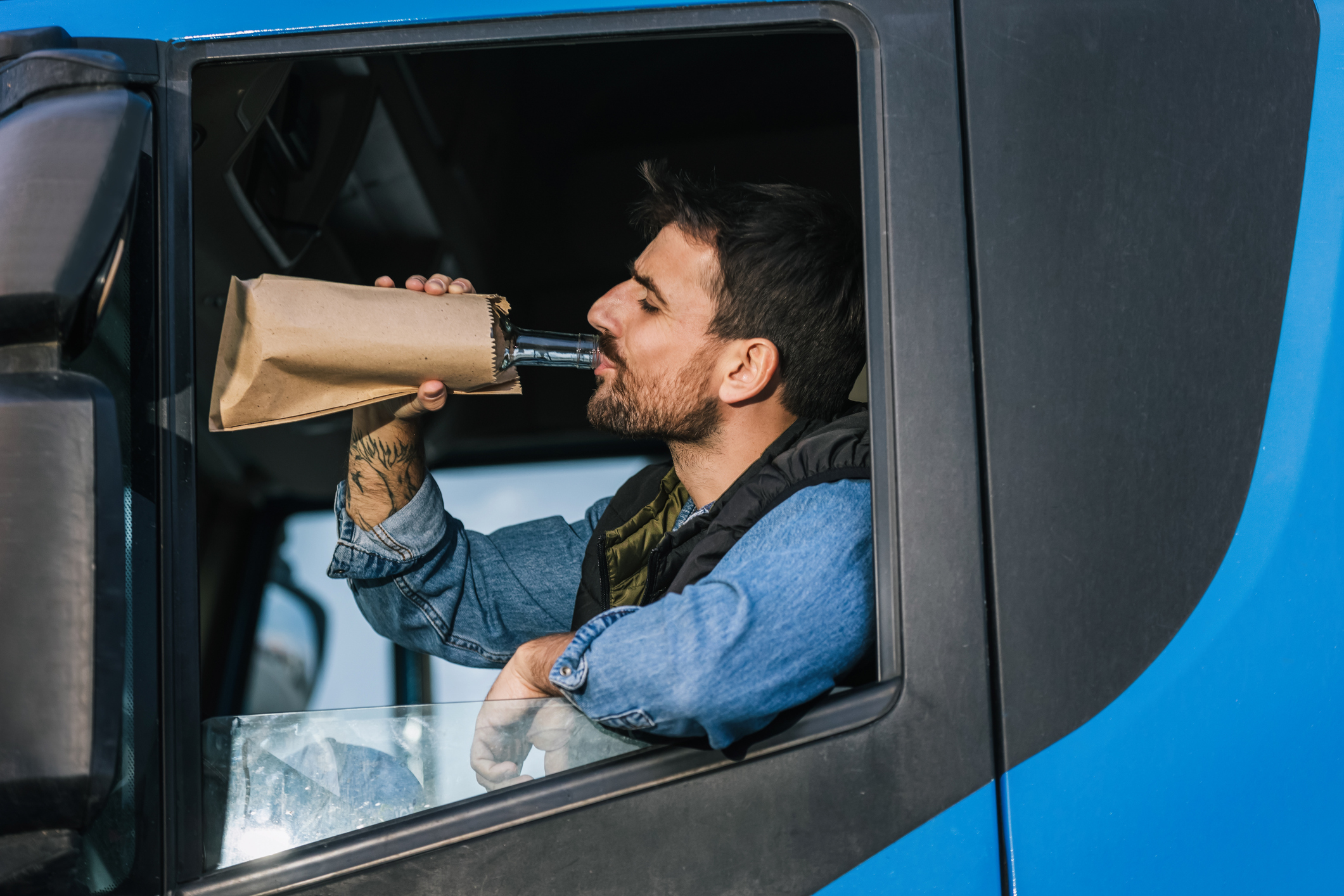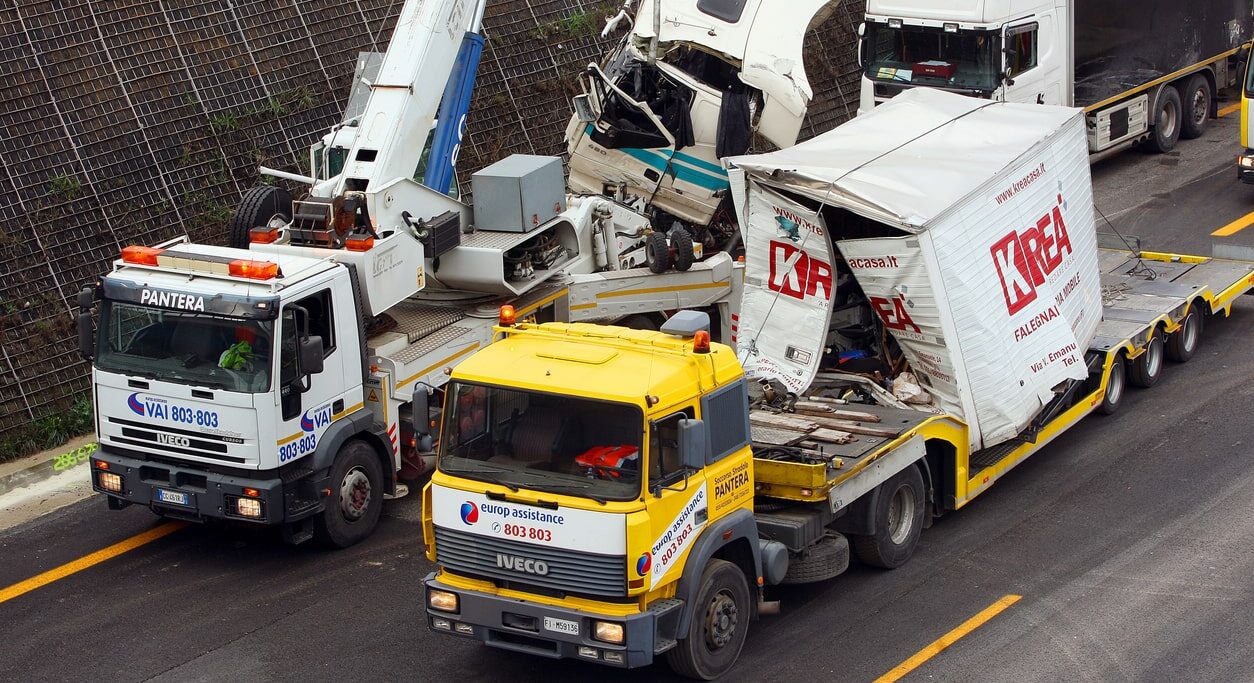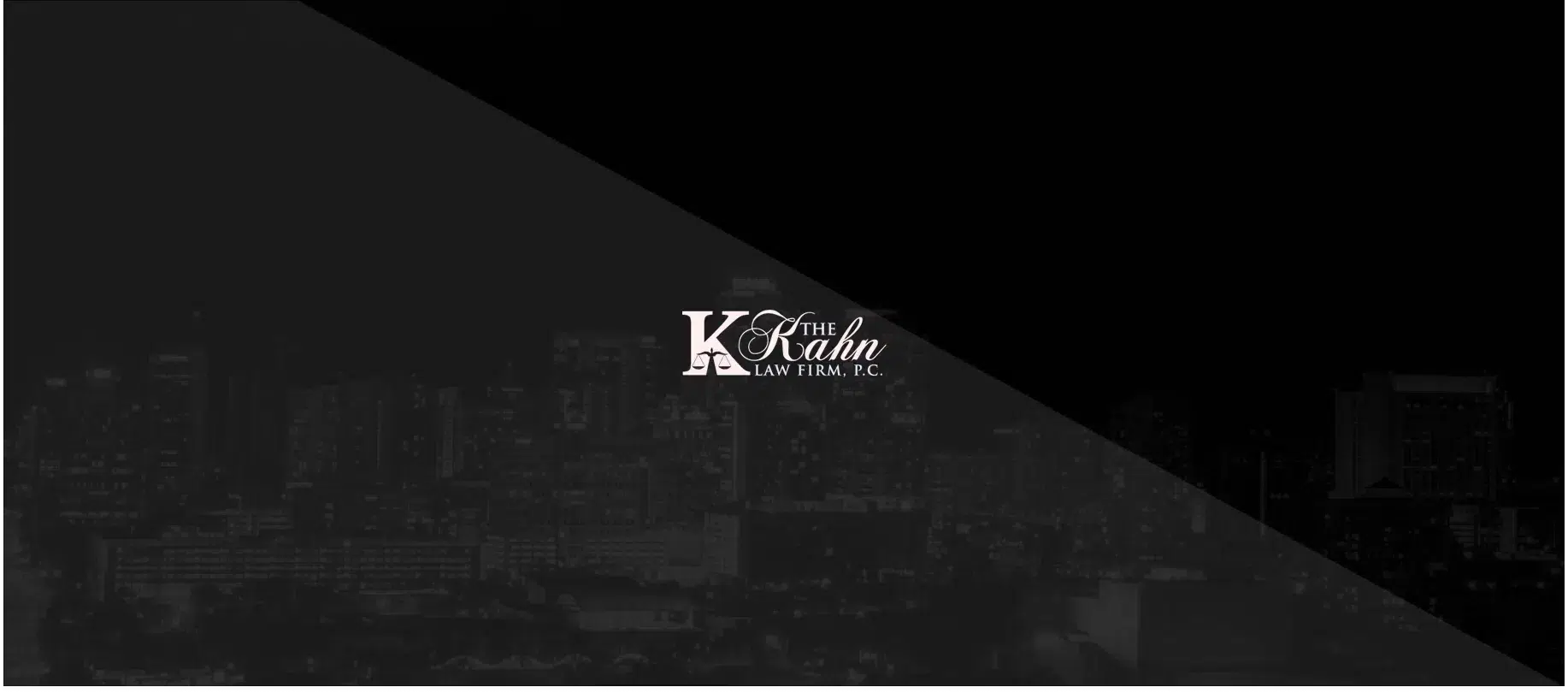When Can an Employer Be Held Responsible for a DWI Accident in Texas?
The aftermath of a drunk driving accident extends far beyond the immediate parties involved. A victim’s family can also face immediate and long-term financial hardship, emotional challenges, and changes to their lifestyle and routines due to their loved one’s injuries. While it cannot undo the harm already inflicted, the recovery of fair compensation for the losses caused by the drunk driving crash is essential for ensuring justice and future economic stability.
Pursuing damages from all liable entities can be critical in securing maximum recovery. In certain situations, legal liability for Texas DWI accidents may reach beyond the intoxicated driver to include their employer. Employers are responsible for ensuring their employees are following safety protocols while working. If an employee is drunk and causes an accident while on the clock, it may be possible to sue their employer for damages. An experienced car accident attorney can examine the details of your case and identify whether it is feasible to seek compensation from the company that employed the drunk driver.
What Do You Need to Know About Employer Liability Under Respondeat Superior?
Under Texas law, employers can be held legally responsible for the negligent actions of their employees through the doctrine of respondeat superior, which creates vicarious liability when employees cause harm while acting within the scope of their employment. For drunk driving accidents specifically, an employer may be held liable if the intoxicated employee was working at the time of the accident. The key factor in establishing this liability is demonstrating that the employee was acting “within the scope of their employment” when the accident occurred. This typically requires proving that the employee was performing job-related duties or tasks that benefited the employer when the crash happened.
The connection between the employment and the accident must be substantive for the employer to share liability. For example, if a delivery driver causes a crash while intoxicated during a scheduled delivery route, the employer would likely face liability. However, if that same driver had completed their shift, returned home, and then caused an accident while intoxicated hours later, the employer would generally not be responsible regardless of whether the employee was driving a company vehicle.
What is Negligent Entrustment?
Negligent entrustment in Texas holds vehicle owners or custodians liable for accidents caused by drivers they knowingly allowed to operate their vehicle despite being unlicensed, incompetent, or reckless. This doctrine applies even if the entrustor was not the legal owner but had control over the vehicle.
Employers may be held liable for an employee’s DWI accident under negligent entrustment if the plaintiff proves the following:
- The employer entrusted the vehicle to the employee
- That employee was unfit to drive
- The employer knew or should have known of the driver’s unfitness
- The driver’s negligence caused the accident
- The driver’s actions directly caused the plaintiff’s injuries
Why is Vicarious Liability Important in DWI Cases?
Examining the potential for vicarious liability serves an important practical purpose in personal injury claims involving DWI accidents. When accident victims suffer serious injuries due to an employee’s drunk driving, they often face hefty medical bills, significant lost income, and other damages. Pursuing claims against employers helps victims access adequate compensation, particularly when the individual employee lacks sufficient assets or insurance to cover extensive damages. Employers generally maintain more comprehensive insurance coverage and possess greater financial resources than individual employees.
How Could the Independent Contractor Exception Impact Your Case?
A key limitation to employer liability is the independent contractor exception. Employers generally cannot be held vicariously liable for the actions of independent contractors who cause drunk driving accidents. This distinction has significant implications in industries like commercial trucking, where many drivers operate as independent contractors rather than employees.
However, the classification of workers is often contested in litigation, as some employers may misclassify employees as independent contractors to avoid liability. The court examines factors including payment methods, job permanency, and control over work details to determine the appropriate employee classification.
How is Liability Established in DWI Accident Cases?
For victims seeking compensation after a drunk driving accident, establishing liability requires meeting specific legal standards. In any personal injury lawsuit arising from a DWI accident, the plaintiff must demonstrate that the defendant engaged in unreasonable conduct that caused an accident resulting in the plaintiff’s losses. While a driver’s arrest and conviction for drunk driving does not automatically establish civil liability, juries typically consider drinking and driving to be unreasonable conduct.
To establish liability against a drunk driver, attorneys may introduce evidence collected by police, such as blood alcohol tests, field sobriety tests, and eyewitness testimony. If the defendant has a history of DWI offenses, attorneys may also provide proof that the company did not perform their due diligence before hiring them for a job involving driving. Because personal injury claims are civil rather than criminal proceedings, the standard of proof is “by the weight of the evidence” rather than “beyond a reasonable doubt.”
Texas follows a modified comparative fault rule, meaning that if an injured party is found to be more than 50% responsible for the accident, they cannot recover damages. Thoroughly establishing the drunk driver’s liability and any associated company or third-party responsibility is essential to recover full compensation.
How Can Our Experienced Personal Injury Lawyers Advocate for Your Rights?
While Texas employers may face liability when their employees cause accidents while intoxicated during work activities, this liability has strict limitations and exceptions.
However, if the drunk driver was operating within the scope of employment, pursuing claims against both the driver and their employer can maximize potential compensation. Given the complexity of these cases, it is strongly recommended that victims seek the guidance and assistance of a skilled personal injury attorney. Our dedicated legal team at The Kahn Law Firm, P.C. can identify all potential defendants, gather appropriate evidence, and navigate the intricacies of Texas liability laws. Time limitations apply to filing claims, so prompt action is vital to preserve your legal rights to recovery after a drunk driving accident. To schedule a free, in-depth consultation with a compassionate attorney, contact our Pearland office today at 713-999-6549 .
